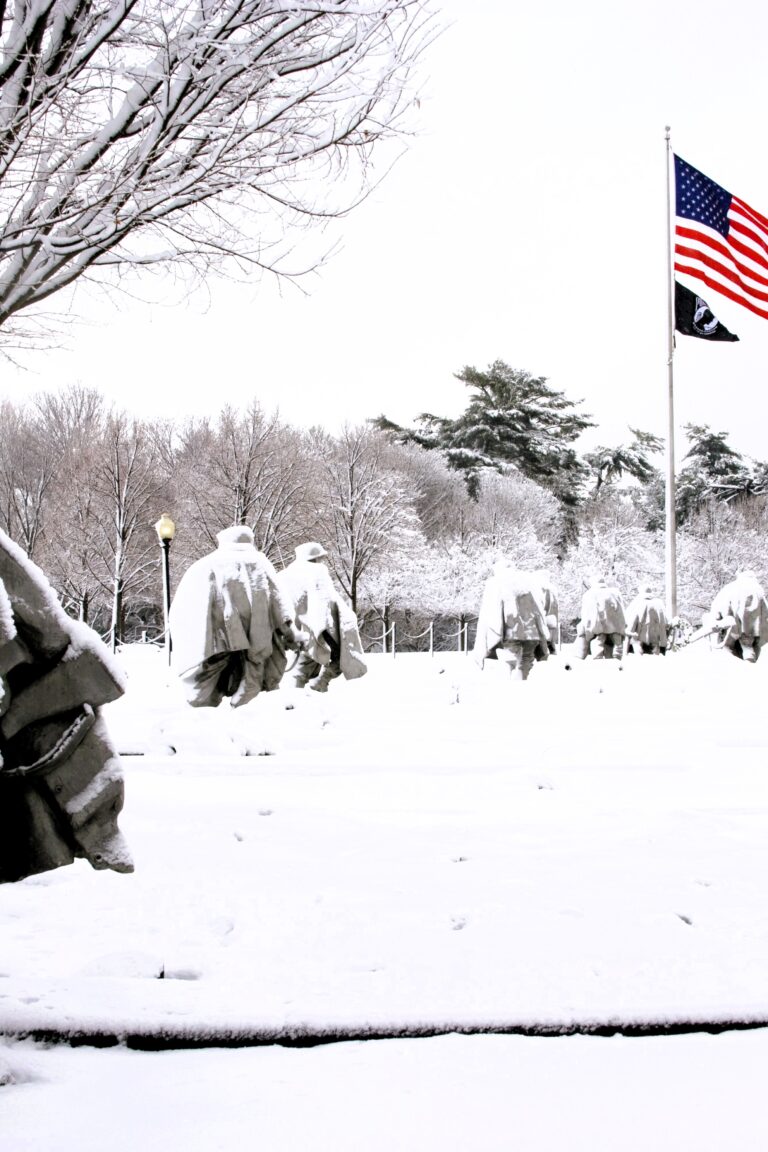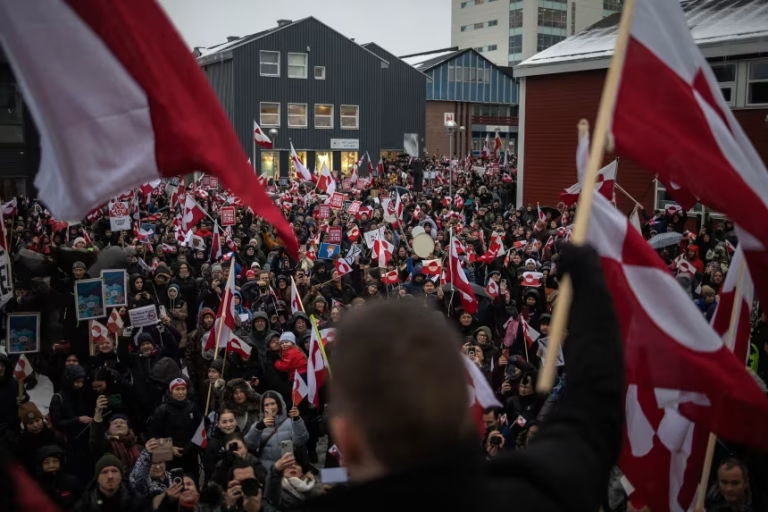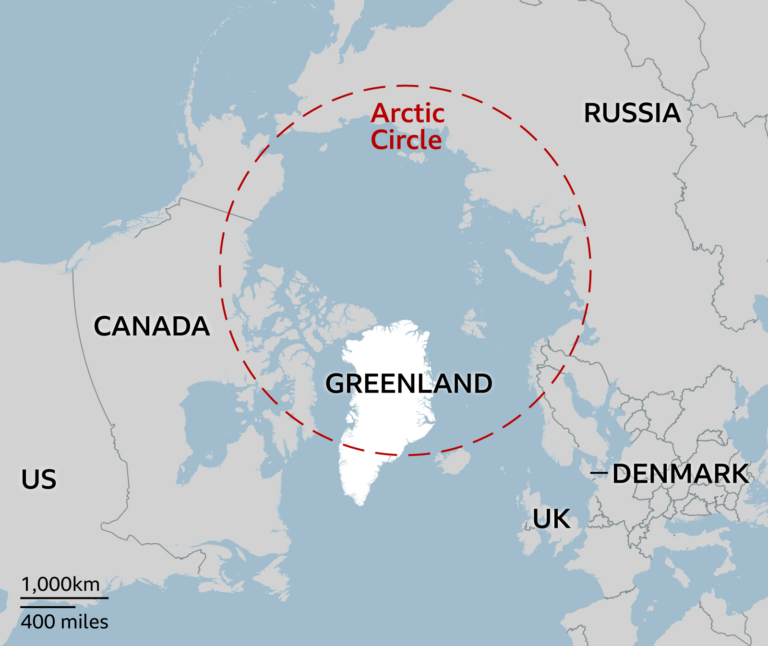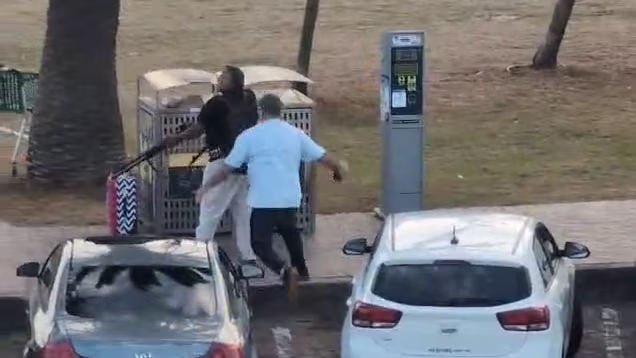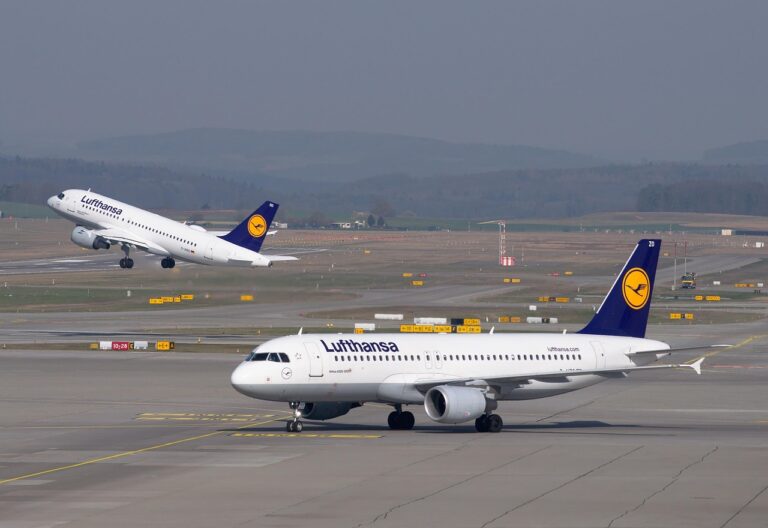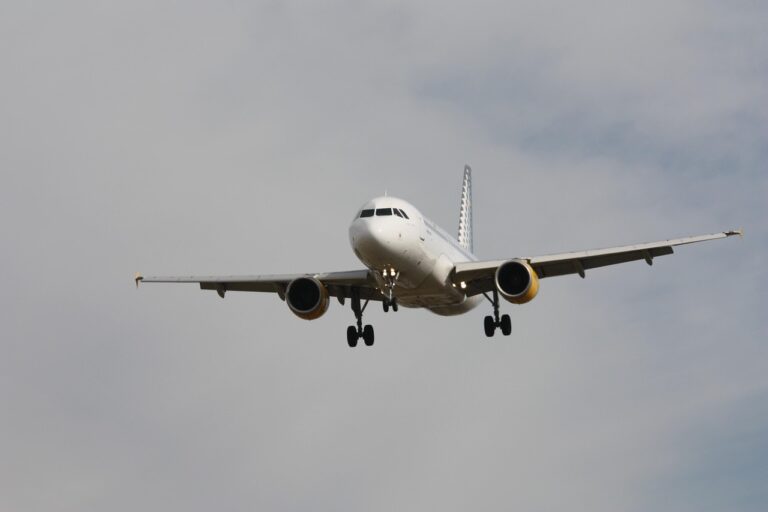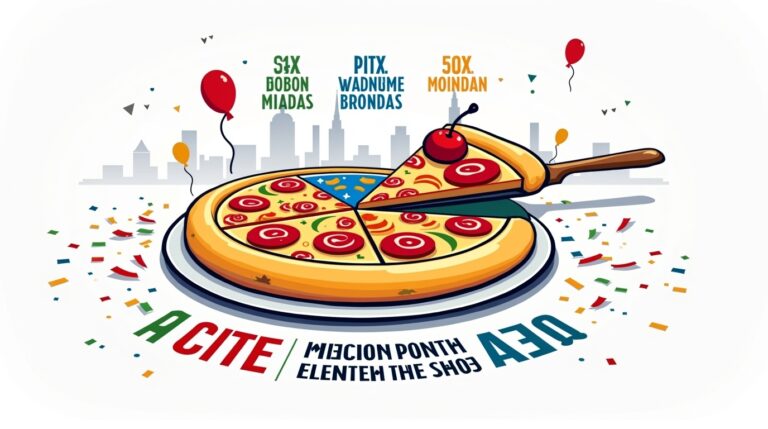Six-Planet Alignment February 2026
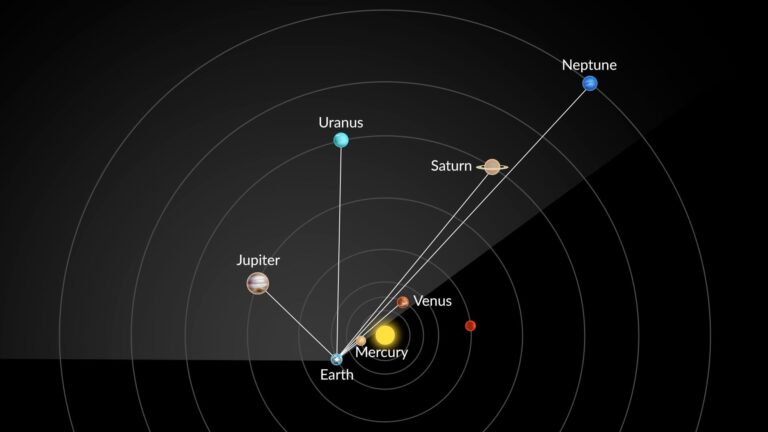
As someone in Rotterdam gazing at the same sky, get ready to feel that goosebump-inducing awe. Let's explore why this event will leave you speechless with joy!

As someone in Rotterdam gazing at the same sky, get ready to feel that goosebump-inducing awe. Let's explore why this event will leave you speechless with joy!
